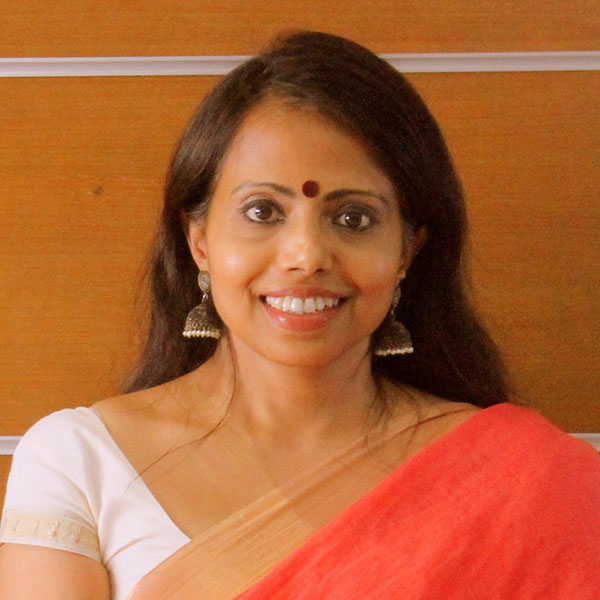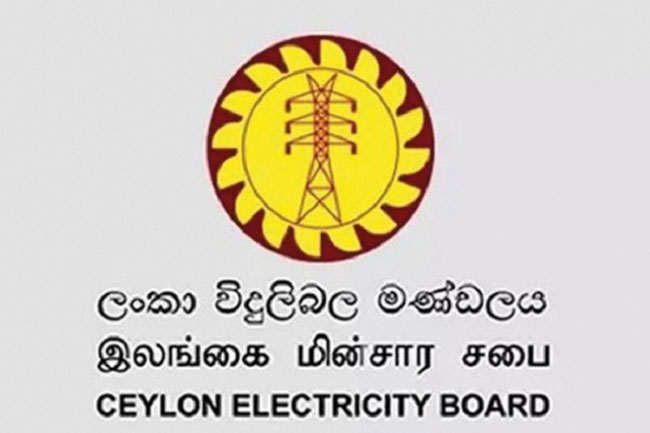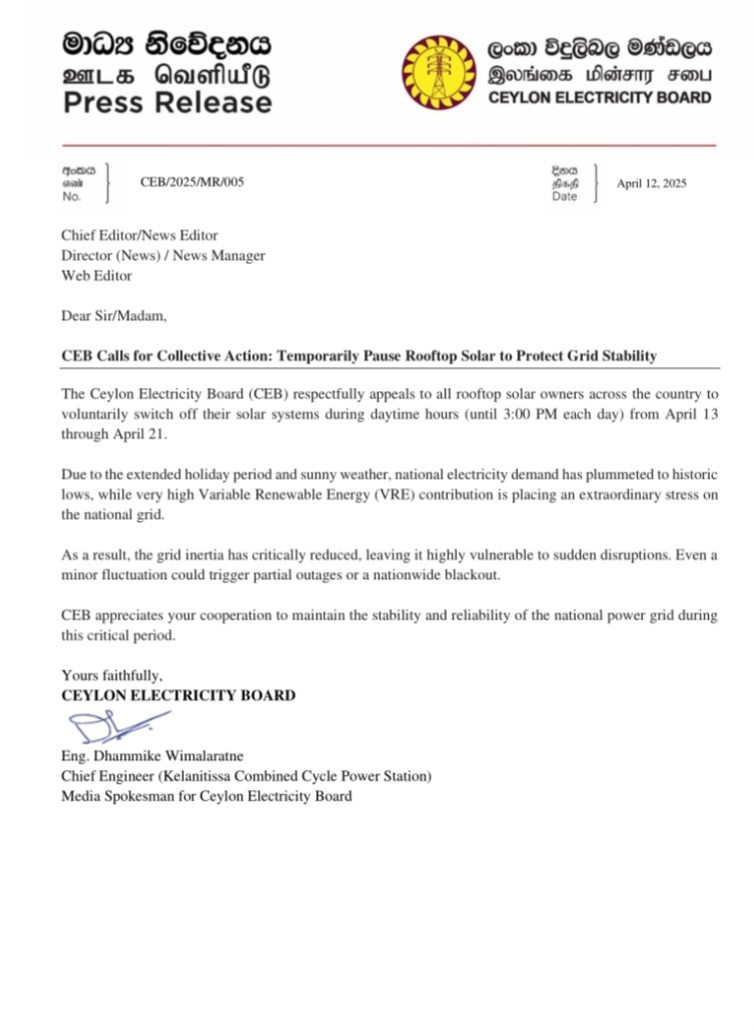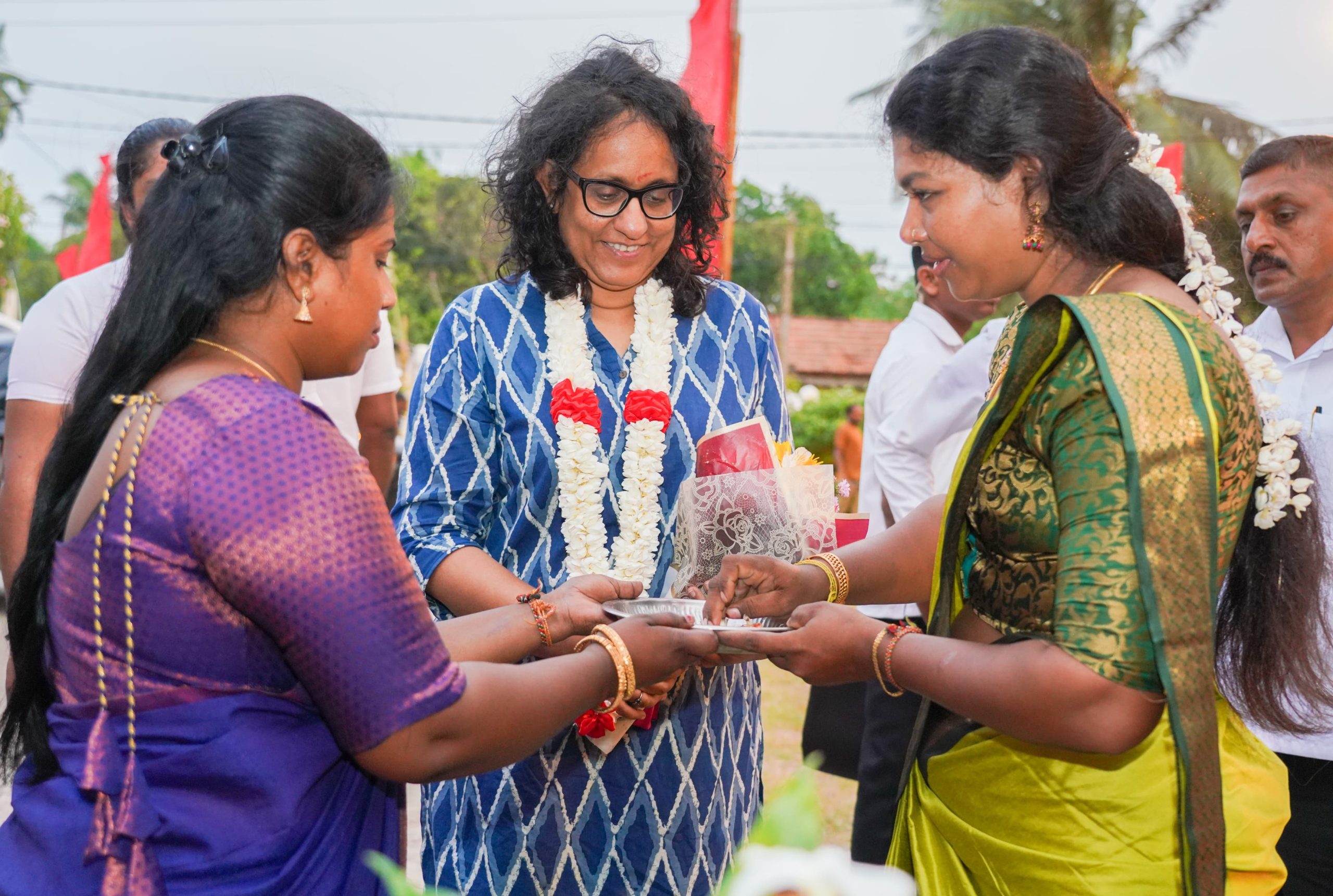News
Civil society: Comparison of Tamil activist’s advocacy with LTTE claims unwarranted, mischievous and chilling

An influential section of the civil society has criticised the Foreign Ministry over a statement it issued as regards representations made recently by human rights lawyer Ambika Satkunanathan at the hearing of the European Parliament’s sub-committee on human rights.
Forty seven organizations and 161 individuals in a statement issued over the weekend frowned on what they called an attempt by the Foreign Ministry to draw an analogy between the independent advocacy of a Tamil activist and researcher with the claims of the LTTE as unwarranted, mischievous and chilling.
Satkunanathan told The Island that the headline ‘Human rights: FM challenges Neelan Tiruchelvam Trust over its representations to Geneva’ given to the Foreign Ministry statement carried in the Feb 5 edition of The Island is erroneous. She said that her statement to the European Parliament’s sub-committee on human rights had nothing to do with the Neelan Tiruchelvam Trust. The lawyer said that she did not represent the Trust or speak on its behalf. “NTT is not engaged in HR advocacy work and is a grant making foundation. The MFA is not challenging NTT but me in my personal capacity.”
The following is the text of the statement issued by the civil society in support of Ambika Satkunanathan: ” We are deeply concerned by the response of the Foreign Ministry, dated 4th February, 2022, to the statement made by human rights lawyer and advocate, former Commissioner of the Human Rights Commission of Sri Lanka, and Chairperson of the Neelan Tiruchelvam Trust, Ambika Satkunanathan, at the hearing of the European Parliament’s sub-committee on human rights, on the 27th of January, 2022. In her submission, Ms. Satkunanathan made a critical assessment of the human rights situation in Sri Lanka and its international and national obligations to its citizens, and provided recommendations to European Union member states.
Rather than engage substantively with the issues raised, the Sri Lankan Government instead chose to cast aspersions on an individual with an unimpeachable record of principled research, advocacy and public service for the improvement of human rights in Sri Lanka. The attempt by the Foreign Ministry to draw an analogy between the independent advocacy of a Tamil activist and researcher with the claims of the LTTE is unwarranted, mischievous and chilling. The insinuation that pointing out the differential impact of government policies, state institutions and their practices on Tamil and Muslim communities is in some way ‘stoking hatred among communities’ and harmful to ‘social harmony’ is also deeply troubling. Given how the PTA and ICCPR Act have been used in Sri Lanka in the recent past by the State to target critical individuals and members of minority communities, this characterization is ominous.
Retaining or losing GSP+ trade privileges is entirely based on the European Union’s assessment of the conduct of the Sri Lankan Government with respect to labour rights, human rights, environmental protection and good governance. The suggestion that it is human rights advocacy that jeopardizes GSP+ trade privileges which are crucial for the Sri Lankan economy is highly disingenuous.
We consider the targeting of outspoken members of civil society by a government institution using dangerous insinuations to be a form of intimidation aimed at stifling dissent and freedom of expression. Statements such as this by the Foreign Ministry, we believe, aim to constrain civil society engagement as an independent interlocutor with the international community on democracy and rights issues, standing up for the rights and protection of affected communities and individuals.
Like Ms. Satkunanathan, many in civil society have been raising concerns regarding the operational environment for civil society organizations and activists, and the threat of a repressive new law. We note with deep concern the continuing incidents of harassment of victim-survivors, human rights activists, media workers and civil society organisations by state actors. Creating an enabling environment for civil society will require more than mere assertions that civil society is treated as a partner, and the shifting of the NGO Secretariat to a new Ministry. We remain willing to engage with the government in an honest, principled and constructive dialogue on this, and the other substantive issues raised by Ms. Satkunanathan, which we share and stand-by.
However, the targeting of civil society activists in this manner by the Foreign Ministry does not inspire confidence or trust. We condemn this statement of the Foreign Ministry, and stand in solidarity with Ms. Ambika Satkunanathan and all other civil society activists engaged in the processes of promoting and protecting human rights, democracy and genuine reconciliation in Sri Lanka.”
Latest News
Temporally pause rooftop solar during day time from 13th to 21st April -CEB

The Ceylon Electricity Board has appealed to all rooftop solar owners across the country to voluntarily switch off their solar systems during day time hours (until 3pm each day) from April 13th to 21st to prevent partial power outages or nationwide blackouts which may occur.

News
Government remains committed to ensuring peace and stability across the country – PM

The Prime Minister Dr. Harini Amarasuriya stated that the people of Sri Lanka should no longer be burdened by conflict and the Government remains committed to ensuring peace and stability across the country, with the government and the public service must discharge their duties to meet the needs of the people.
The Prime Minister made these remarks while addressing public gatherings held in Velanai, Nallur, and Vadamarachchi.
The Prime Minister said that:
“There are numerous issues regarding infrastructure development in the Northern Province ranging from roads, drinking water supply, agriculture, and unemployment, to education and health sectors.
Many of these development tasks fall under the responsibility of local governments and provincial councils that represents your areas. However, these responsibilities have not been properly discharged.
While it is said that the issues raised in the North and East were caused by the war, 16 years have passed since the end of the war. What real change has taken place? Have the lives of the people in these areas has improved?
Although the central government allocates funds to provincial governing bodies, there should be a transparent mechanism in place to ensure that these funds are properly utilized for the relevant projects.
On May 6th, you will hold the decisive right to elect the local government closest to you that will work to uplift your lives and develop your communities. Elect representatives who are committed to serving the people, and free of fraud and corruption.
The government is actively participating in lifting the country from its fallen state and to overcome the current economic challenges. We accept that there is a long way to go. The prices of goods are still high but the government is currently working towards a change, and the people will receive the benefits in the near future.
Measures have been taken to increase the basic salary of public servants from this year’s Budget. The public service must commit to discharging duties with dedication. This must be not only a people’s government, but also a public service that belongs to the people.
Even after the independence, this country has seen much bloodshed and conflict. The people have suffered greatly as a result. The government is determined to ensure that such a situation never arises again. Therefore, the government is committed to fostering peace within the country.”
The event was attended by Minister of Fisheries Ramalingam Chandrasekar, along with several Members of Parliament and local representatives in the North.
[Prime Minister’s Media Division]
News
Focus on streamlining Research and Development activities related to defence sector

A meeting organized by the National Initiative for Research & Development Commercialization (NIRDC) was held on Thursday (10) at the Presidential Secretariat to streamline and commercialize research and development activities in the defence sector.
Participating institutions included the Centre for Defence Research and Development under the Ministry of Defence, the Sri Lanka Army, Navy and Air Force, the General Sir John Kotelawala Defence University and the Research and Development Division of the Sri Lanka Police.
The NIRDC Unit, established under the Presidential Secretariat, aims to accelerate national development by facilitating investment opportunities to commercially apply completed or nearing completion research projects from both public and private institutions.
Defence institutions play a critical role for the progress of technology and science in relation to national security and development. Acknowledging this importance, the meeting was chaired by Senior Advisor to the President on Science and Technology, Professor Gomika Udugamasuriya.
During the meeting, it was discussed in detail regarding the completed and on-going research and development projects within the defence sector, as well as those planned for the future. Special attention was given to identifying opportunities for collaboration among research and development units, enhancing innovation capabilities, and exploring ways to share resources effectively.
The discussion focused on identifying opportunities for collaboration between research and development units relevant to these sectors, enhancing innovation capabilities and exploring ways to share resources effectively. It also examined possible steps to strengthen coordination between civil and defence research institutions. The discussion concluded productively, with several innovations identified that have the potential for future commercialization.
The event was attended by Senior Additional Secretary to the President (Finance and Economic Affairs) . Russel Aponsu, NIRDC Director General Dr. Muditha D. Senarath Yapa, Director (Investments) . Idunil Gunathilaka along with other officials.
[PMD]
-

 Business6 days ago
Business6 days agoColombo Coffee wins coveted management awards
-

 Features7 days ago
Features7 days agoStarlink in the Global South
-

 Features2 days ago
Features2 days agoRobbers and Wreckers
-

 Features4 days ago
Features4 days agoSri Lanka’s Foreign Policy amid Geopolitical Transformations: 1990-2024 – Part III
-

 Features7 days ago
Features7 days agoModi’s Sri Lanka Sojourn
-

 Midweek Review4 days ago
Midweek Review4 days agoInequality is killing the Middle Class
-

 Features6 days ago
Features6 days agoSri Lanka’s Foreign Policy amid Geopolitical Transformations: 1990-2024 – Part I
-

 Features5 days ago
Features5 days agoA brighter future …












